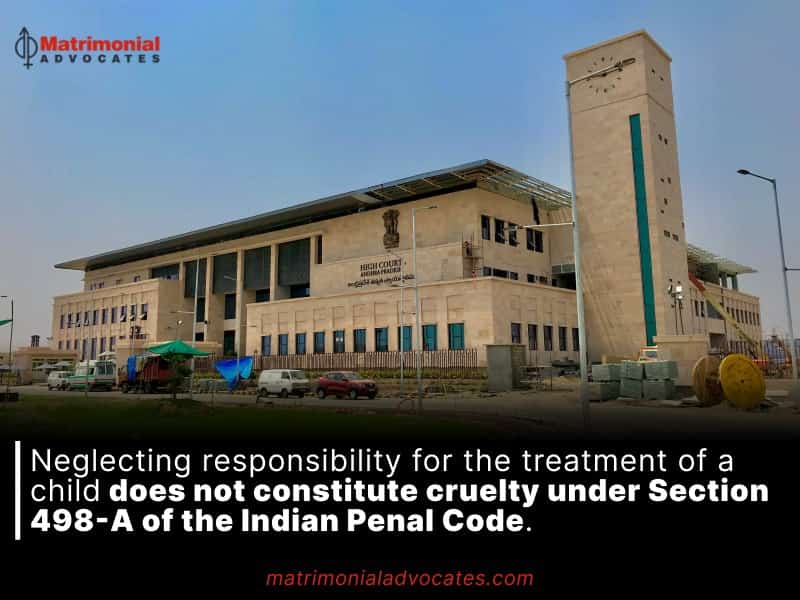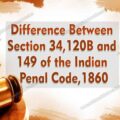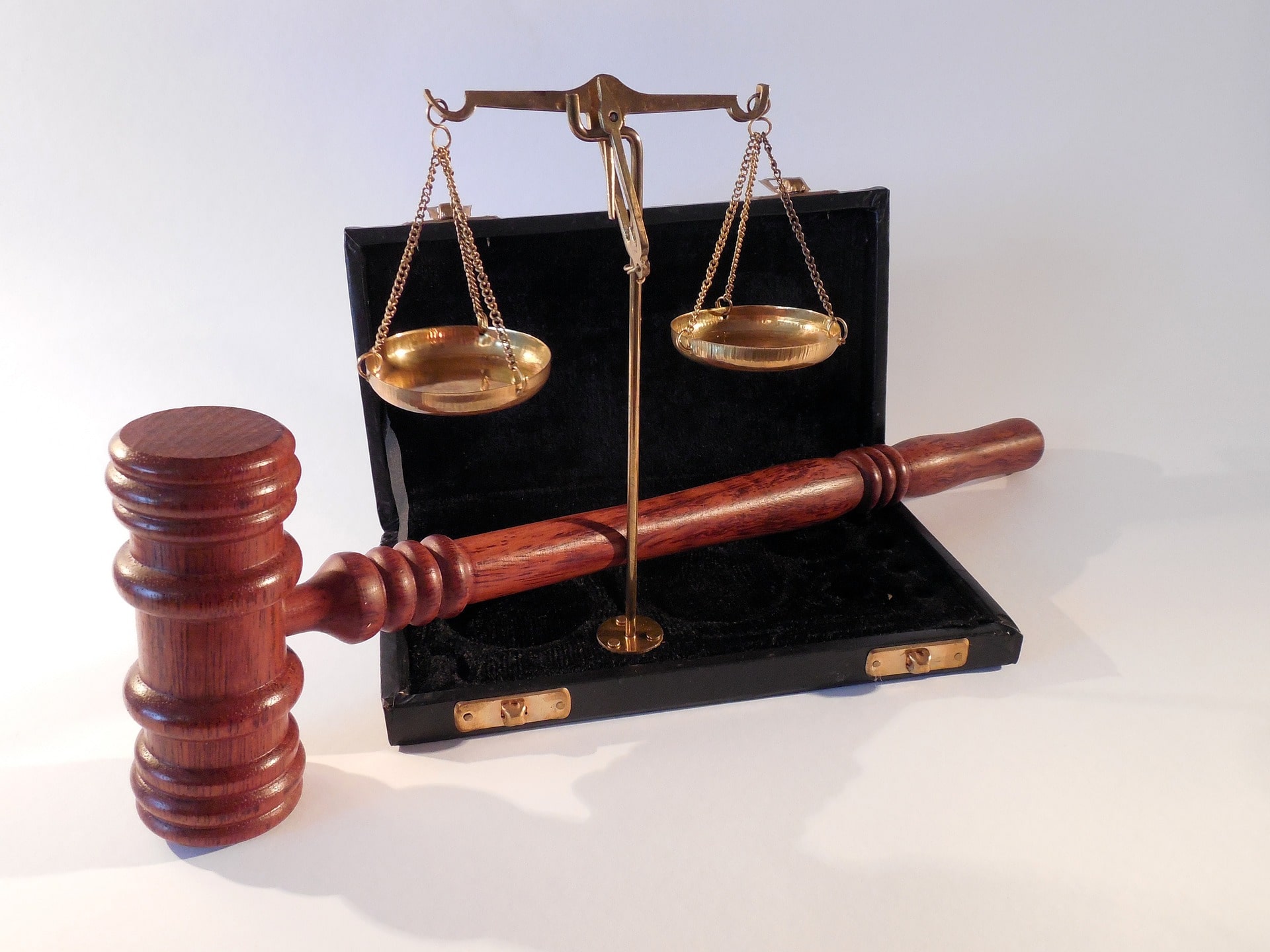
The Andhra Pradesh High Court has recently ruled that failing to provide care for a child and refusing to take responsibility for their treatment cannot be considered cruelty under Section 498-A or criminal intimidation under Section 506 of the Indian Penal Code, 1860. As a result, the court quashed a criminal case filed by a woman against her husband and in-laws. The case was filed under Sections 498-A, 509, 506, 354 r/w 34 of the IPC, but the court found that it was filed outside the period of limitation and lacked merit. The court made this decision while hearing the criminal petition of the woman’s husband and in-laws.
In contrast, the wife who was the respondent in the case argued that the husband and in-laws had committed the offense of cruelty and criminal intimidation by failing to visit or take responsibility for the treatment of the child.
The de facto complainant wife has accused her husband and in-laws of mistreatment and harassment for financial gain after their marriage in November 2011. In September 2015, the wife gave birth to a son and was subsequently sent to her matrimonial home, where she claims that neither her husband nor in-laws provided any care or financial support. The son reportedly required surgery for testicular problems, but the husband and in-laws did not offer any financial assistance. As a result, the wife filed a complaint against them for offenses under Sections 498-A, 506, 354 r/w 34 of IPC.
The Additional Junior Civil Judge of Narasaraopet took up the case for offenses under Sections 498-A, 509, 506, 354 r/w 34 of IPC after an investigation was conducted. The husband and in-laws then filed a criminal petition in the High Court seeking the quashing of the case. Their counsel argued that the complaint was time-barred under Section 468 of the Criminal Procedure Code (Cr.P.C) and should not have been entertained.
The husband and in-laws’ counsel argued that the complaint filed by the wife was beyond the period of limitation set out under Section 468 of Cr.P.C. He also claimed that the order of cognizance was defective due to the Magistrate’s lack of reasoning and application of mind. He pointed out that once Section 354 of IPC was excluded from the charge sheet, the remaining offences did not attract a punishment of more than three years. Therefore, the limitation for filing a complaint under these provisions would be three years from the date of the offence, which in this case, was prior to November 2015.
However, the wife’s counsel argued that the harassment continued even after the wife returned to her parental home in November 2015. She alleged that the petitioners neglected her and her child, forcing them to live with her parents despite their ill health. As evidence of this harassment, the counsel cited the petitioners’ failure to attend or perform the tonsure ceremony of the child, as well as their failure to provide treatment or visit during the child’s surgery in 2018.
Justice R.Raghunandan Rao observed that the trial court had taken cognizance of the case under Sections 498-A, 354, 506 r/w 34 of the IPC. However, he pointed out that the magistrate had not given any reason for taking cognizance under Section 354 even though the investigating officer had dropped that provision. The court also noted that there was no explanation as to why cognizance had not been taken under Section 509, despite its inclusion in the charge sheet.
The court held that the magistrate had not applied his mind while taking cognizance of the case, and thus, the order of cognizance was set aside. However, doing so would only result in the remand of the case to the magistrate, and the issues raised by the petitioners would remain unresolved.
The court also observed that the complaint by the de facto complainant was filed beyond the prescribed time limit of three years after she returned to her parents’ home. Thus, the complaint filed under Sections 498-A, 509 or 506 of IPC would be barred by limitation.
The court analyzed whether the actions of neglect described in the case could be considered under Section 498-A of the IPC, but ultimately concluded that they did not fall within its scope. The court further noted that the complaint by the de facto complainant was filed after the prescribed time limit under Section 468 of the Cr.P.C. and cited a Supreme Court case that established a three-year time limit for such complaints filed after separation of a couple. As a result, the criminal petition was granted and the case in the I Additional Junior Civil Judge’s court in Narasaraopet was dismissed.
Source: https://www.livelaw.in/news-updates/andhra-pradesh-high-court-judgment-section-498a-ipc-cruelty-treatment-child-neglect-225365





